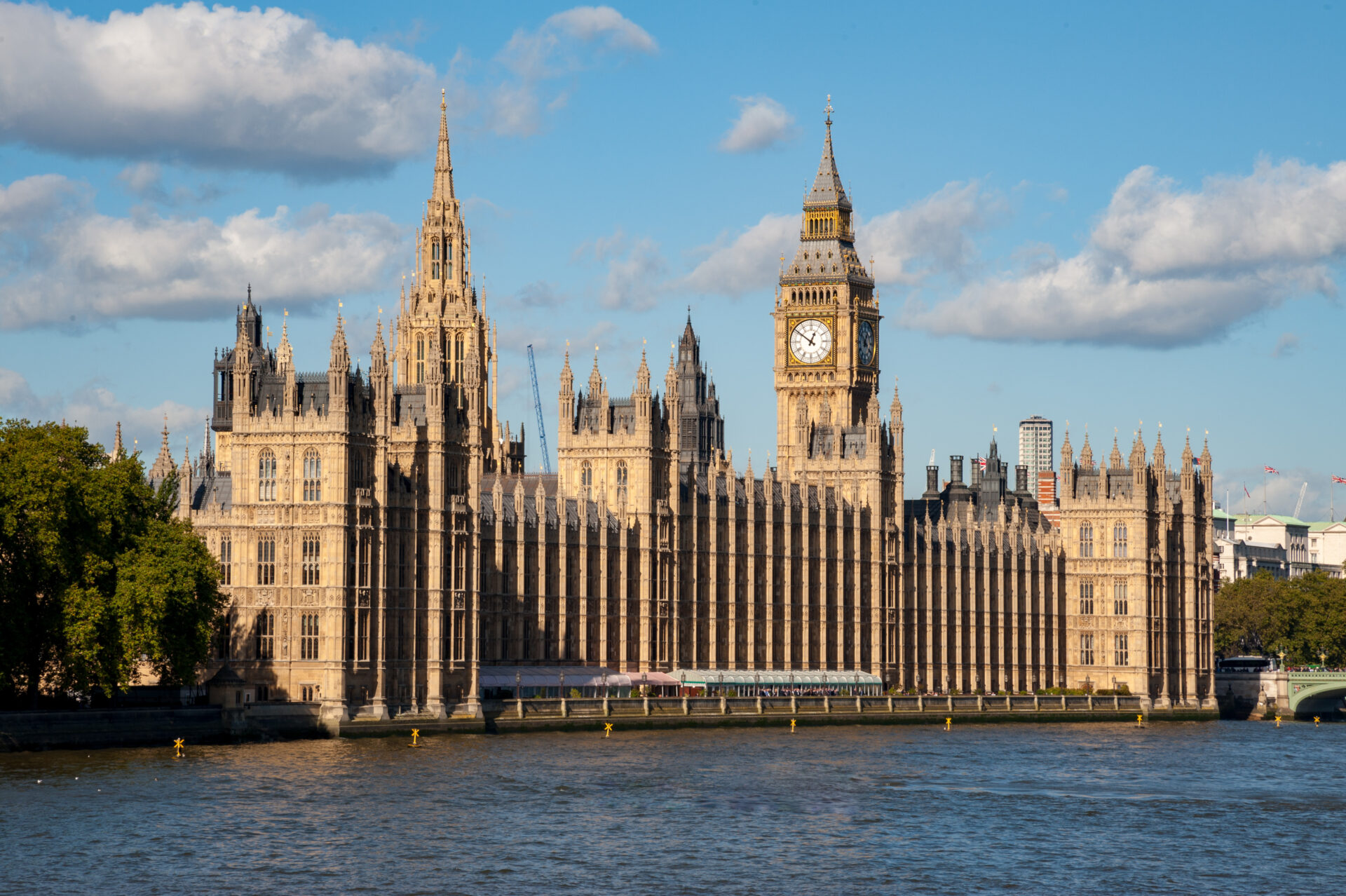Millions of workers could see their retirement savings increase by up to £29,000 under the new Pension Schemes Bill, according to the latest Government figures.
The Bill, which returns to Parliament today for its second reading, proposes sweeping reforms intended to simplify the pensions landscape, reduce costs, and deliver better returns for savers.
The Government claims the Bill will particularly benefit working people on average salaries who save consistently into a pension pot throughout their careers.
According to estimates, these workers could be up to £29,000 better off by retirement.
The figure is based on changes that include consolidating small pension pots, improving value for money in schemes, and creating larger pooled pension funds.
Central to the reforms is the consolidation of small pension pots – those worth £1,000 or less – into single schemes certified as delivering good value.
The aim is to address long-standing issues around pension fragmentation.
As people move jobs, they often accumulate multiple small pots that are difficult to manage and may incur high fees.
By merging them, the Government says it will reduce administrative burdens and improve outcomes for savers.
Another key measure will require pension schemes to demonstrate they offer value for money. Under the proposed rules, schemes will be assessed on the returns they deliver relative to their costs.
This is designed to help savers identify whether they are enrolled in underperforming schemes and encourage transparency across the pensions industry.
The reforms have been welcomed by many in the pensions sector.
Zoe Alexander, director of policy and advocacy for the Pensions and Lifetime Savings Association (PLSA), said: “The introduction of the Pension Schemes Bill is a significant milestone, bringing forward necessary legislation to enact important reforms that have the full backing of the pensions industry.
“This includes small pots consolidation, the Value for Money regime, decumulation options and changes to give DB funds more options for securing member benefits over the long-term.”
She added that the reforms, once implemented, should “reduce the cost of administering pensions, remove complexity for savers and help ensure schemes are maximising the value they provide members.”
Other proposed changes include the creation of so-called “megafunds” – multi-employer defined contribution (DC) pension schemes managing at least £25bn in assets.
These large funds are intended to reduce costs and enable investment in a broader range of assets, such as infrastructure and clean energy.
The Bill will also increase flexibility for Defined Benefit (DB) pension schemes, potentially unlocking up to £160bn in surplus funds.
These could be used to support employer investments and provide additional benefits to scheme members, though some critics have previously warned of risks if surplus releases are not carefully regulated.
For the Local Government Pension Scheme (LGPS), which manages £400bn in assets, the reforms will lead to consolidation into a smaller number of expert-managed pools.
The Government argued that this will improve investment efficiency and enable targeted funding for local infrastructure and housing projects.
Minister for Local Government and English Devolution Jim McMahon OBE said: “This Bill will ensure the Local Government Pension Scheme is fit for the future and harness its full potential, with assets due to reach £1tn by 2040, and will strengthen investment in local communities to accelerate growth as part of our Plan for Change.”
While the Government has framed the Pension Schemes Bill as a pillar of its broader “Plan for Change,” not all impacts are guaranteed to be evenly distributed.
The benefits may vary significantly depending on workers’ earnings, savings behaviour, and employment patterns.
Some observers have highlighted that groups such as part-time workers, gig economy participants, and lower earners might not see the same level of benefit, particularly if they fall outside of auto-enrolment thresholds or do not remain in consistent pension schemes.
These concerns are expected to be addressed in the upcoming Pensions Review, which will explore issues such as pension adequacy and sustainability.
The review is intended to ensure that underserved or vulnerable groups are not left behind in the wake of the reforms.
Minister for Pensions Torsten Bell said: “We’re ramping up the pace of pension reform, to ensure that people’s pension savings works as hard for them as they worked to save.
“The measures in our Pension Schemes Bill will drive costs down and returns up on workers’ retirement savings – putting more money in people’s pockets to the tune of up to £29,000 for an average earner and delivering on our Plan for Change.”
















